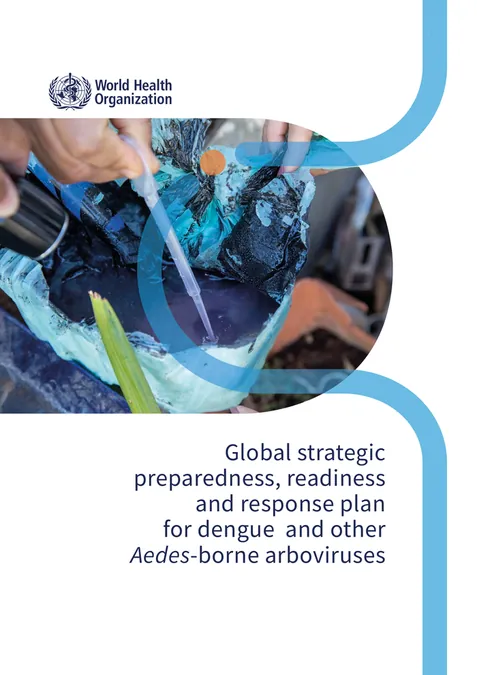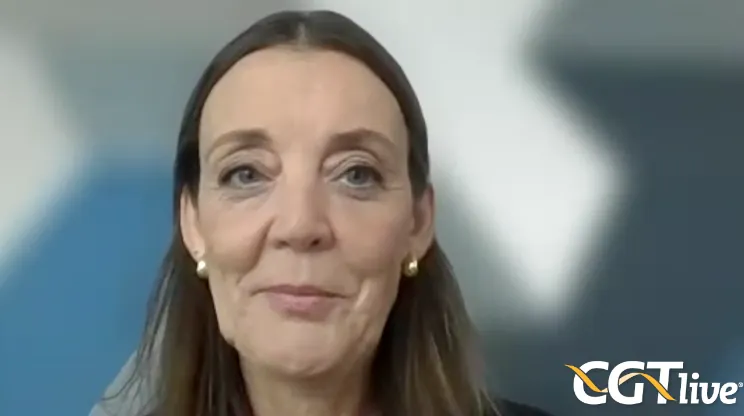
WHO Unveils Game-Changing Global Strategy to Combat Rising Threat of Dengue Fever and Aedes-Borne Viruses
2024-10-03
Author: Yu
In a bold move to confront the escalating public health crisis posed by dengue fever and other Aedes-borne arboviruses, the World Health Organization (WHO) has launched the Global Strategic Preparedness, Readiness and Response Plan (SPRP). This comprehensive initiative aims to cut the suffering and death toll associated with these diseases, which are on the rise due to a confluence of factors that are increasingly putting millions at risk.
Currently, an estimated four billion people are vulnerable to arboviruses globally, a figure projected to surge to five billion by 2050. Alarmingly, dengue cases have swelled dramatically across all six WHO regions. As of late August 2023, nearly 12.3 million dengue cases were reported, a staggering jump from the 6.5 million cases documented throughout all of 2022.
Dengue fever is especially prevalent in tropical and subtropical regions, including South-East Asia, the Western Pacific, and the Americas. Additionally, the situation in Africa is dire, where ongoing conflicts and natural disasters further complicate the fight against multiple diseases, placing additional pressure on already fragile healthcare systems. In response to this critical situation, the WHO has classified the current global dengue upsurge at a grade 3 emergency, the most severe level, in a bid to strengthen the capacities of affected nations.
WHO Director-General Dr. Tedros Adhanom Ghebreyesus emphasized the need for collective action, stating, "The rapid spread of dengue requires a concerted response across all sectors and borders. From maintaining clean environments to timely medical care, everyone must play their part to combat dengue. This plan serves as a crucial roadmap to address not just dengue, but also a multitude of Aedes-borne diseases."
The underlying causes for this alarming trend include urbanization, inadequate sanitation and hygiene practices, climate change, and increased international travel, all contributing to the broader geographical proliferation of dengue. The disease is currently endemic in over 130 countries, with similar troubling patterns emerging for other arboviruses like Zika and chikungunya.
The SPRP comprises five strategic pillars which are vital for effective outbreak responses: 1. **Emergency Coordination**: Establishing coordinated leadership and strategic actions. 2. **Collaborative Surveillance**: Implementing advanced tools for early detection and effective management of outbreaks through enhanced surveillance and laboratory diagnostics. 3. **Community Protection**: Actively engaging communities to adapt prevention measures, focusing on mosquito control. 4. **Safe and Scalable Care**: Ensuring robust clinical management systems can handle patient needs and prevent illness. 5. **Access to Countermeasures**: Promoting innovation in treatments and vaccines to combat these diseases.
The implementation of the SPRP is set to unfold over the next two years, with a funding requirement of USD 55 million aimed at bolstering health preparedness and response efforts. This initiative aligns with the Global Vector Control Response 2017-2030 and the Global Arbovirus Initiative launched in 2022, which both strive to enhance global preparedness against mosquito-borne diseases.
As the WHO calls on all stakeholders—including government agencies, healthcare professionals, and communities—to rally together in this critical fight, the time for action is now. The future health of billions hinges on our collective response to these formidable public health threats.


 Brasil (PT)
Brasil (PT)
 Canada (EN)
Canada (EN)
 Chile (ES)
Chile (ES)
 España (ES)
España (ES)
 France (FR)
France (FR)
 Hong Kong (EN)
Hong Kong (EN)
 Italia (IT)
Italia (IT)
 日本 (JA)
日本 (JA)
 Magyarország (HU)
Magyarország (HU)
 Norge (NO)
Norge (NO)
 Polska (PL)
Polska (PL)
 Schweiz (DE)
Schweiz (DE)
 Singapore (EN)
Singapore (EN)
 Sverige (SV)
Sverige (SV)
 Suomi (FI)
Suomi (FI)
 Türkiye (TR)
Türkiye (TR)